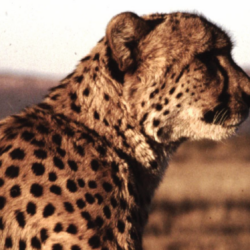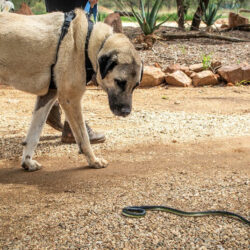What is a Conservationist?
-
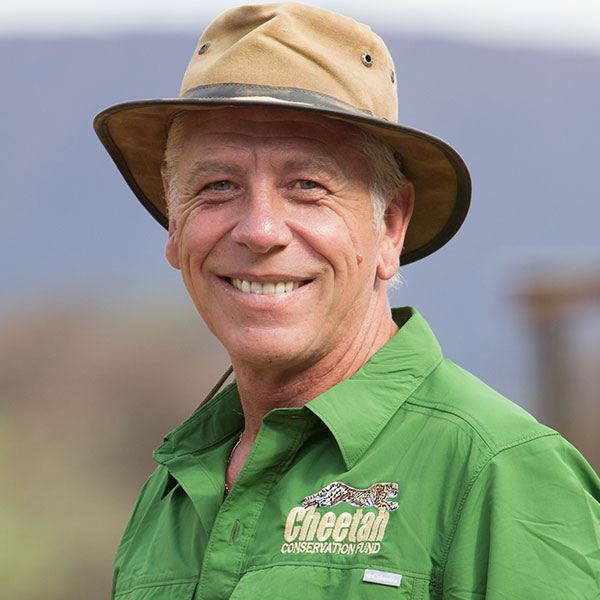
- by Brian Badger March 31, 2020
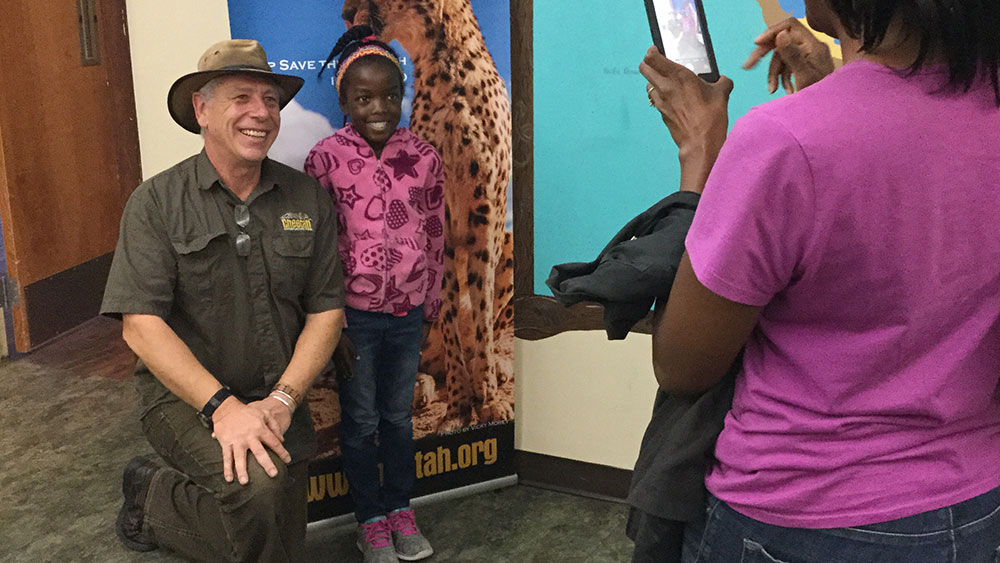
Conservation takes many forms and different types of people with different skill sets. It’s not all bush hats and Land Rovers!
More often than not it’s shovels, wire cutters, computers and bake sales, to name but a few.
Undertaking holistic conservation draws on the skills that you can also find in a successful business. You need a wide range of experience and specialties: scientists, laborers, vets, cooks, care staff, accountants, politicians, plumbers and customers. In CCF’s case, as a non-profit – we need YOU as our supporters and donors. Having everyone involved is the only way to succeed and help the cheetah survive.
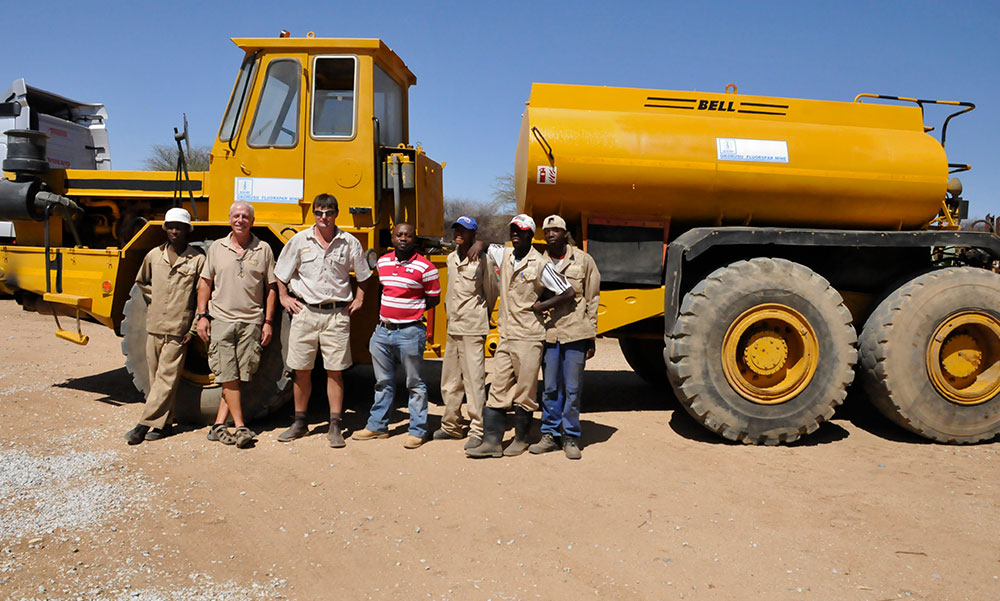
When I present one of CCF’s Conservation Conversations, and I am asked by a student “How do I become a Conservationist?” (I know they mean as a profession, BUT I’ll get to that later), the most common advice I give is, “Build a skill set. Don’t rely on a piece of paper, a specialty, a diploma, you need more than that.” Let me put it another way, If you own a car and have a license then you’re a driver right? Well yes, you are, but when you drive across the desert alone you better be a lot more than that. You have got to be a navigator, a mechanic, a meteorologist, a nutritionist and logistical analyst and they don’t issue any licenses or certifications for any of these at the Department of Motor Vehicles.
When you’re working in front line conservation, you need to be able to be able to filter information quickly and stay focused. You have to rise above the sadness, circumvent the anger and accept that you will fail sometimes. At the same time, you need to remain positive, and retain your passion for the work in the face of setbacks. One of the things I have learned many times over in my career is that success is not guaranteed and projects may not be achievable. That brings up another commonly asked question… “How do you decide which project do you pursue?” Without hindsight (which coincidentally would be my chosen superpower!!), that’s an extremely difficult question to answer. Making choices is not easy, you have to analyze the project as a whole, try to perceive all possible outcomes, assess logistical achievability, anticipate any secondary impacts and project into the future for project sustainability.
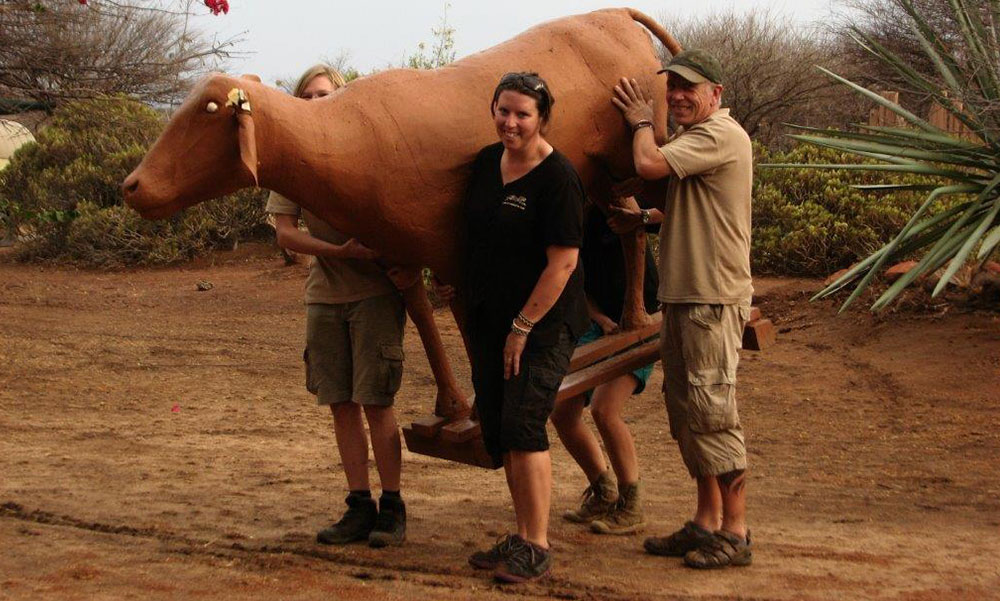
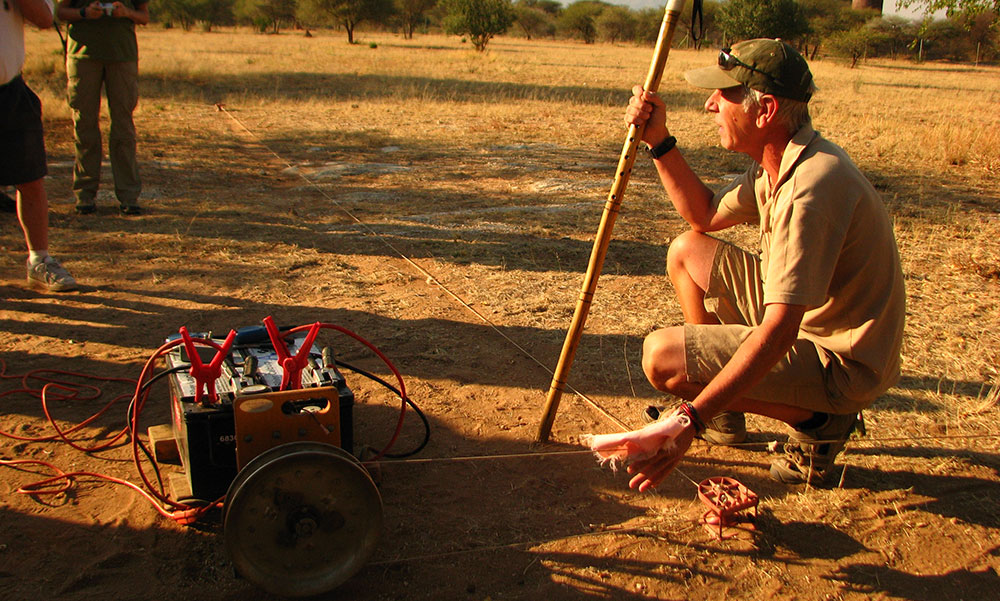
Looking at all the different angles as you plan, starts to make you realize that there is not necessarily only one path forward and “deciding” on one path forward may not be possible. Conservation strategies becomes a process of hedging your bets and carrying along two trajectories to reduce the impact of any setbacks. Learning from the mistakes you make along the way and learning from the mistakes of others can most certainly help at the initial planning stages and the decision making process. This again is where holistic conservation comes into play, the more positives you can target in a single operation the better. Keeping people informed on your progress – whether good or bad – can increase the level of engagement for your work, highlight the needs of stakeholders to supporters and strengthen the chance of sustainability by opening up the project to others.
Bottom line… conservation has to recreate, restore or establish the natural balance of an ecosystem whatever it may be. The work has to incorporate all aspects of the natural circle of life without prejudice, and essentially find a happy medium between idealism and realism. Also, YOU may ALREADY BE a Conservationist! If you play absolutely any part in achieving conservation, from working on the front line to raising funds and awareness of the issues, then you ARE a conservationist. Donors and advocates are so important to saving species, habitats, ecosystems and essentially life on earth.
Related Reading
-
December 4, 2024
Double Your Donation for the Cheetah -
June 15, 2024
Snake Aversion Training


